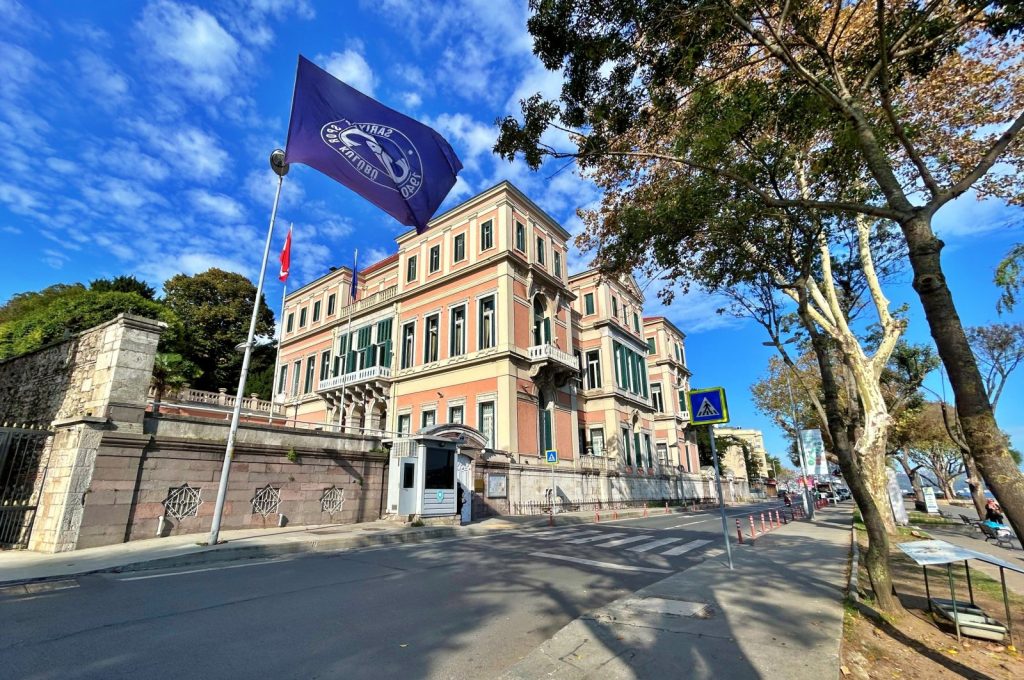Foreign Minister Hakan Fidan told lawmakers Thursday that applications for Schengen visas from Turkish citizens have risen sharply by 36% this year. Yet, the rejection rate has also grown, presenting an ongoing challenge for those seeking to travel to the European Union.
Speaking to the Parliamentary Plan and Budget Commission in the capital of Ankara, Fidan addressed the country’s foreign ministry’s budget for 2025 and responded to concerns raised by legislators about the growing frustrations surrounding visa denials. He noted that while the number of applications has surged, the rate of rejections has increased by 0.4 percentage points.
Fidan explained that the increased delays in processing visa applications were due to “two main factors:” a shortage of staff in European consulates and the rising political tension toward immigrants in Western countries, particularly in light of growing concerns about migration issues in the EU.
Despite the challenges, the foreign minister emphasized that the visa issue is part of a broader political and diplomatic situation between Türkiye and EU member states. “This is not just an issue between Türkiye and the EU. It’s a broader trend seen globally, and we are investigating if this is a case of special treatment toward us or just part of the general policy towards all countries,” he added.
Fidan shared statistics on visa rejections over the years. The rejection rates for Turkish applicants have steadily increased since 2014, when the average rejection rate for Türkiye was 4.4%. By 2021, the rejection rate reached 16.9% during the pandemic, higher than the global average of 13.4%. In 2022, the rejection rate for Turkish applicants was 15.7%, compared to 17.9% globally.
In 2023, the number of Turkish citizens applying for Schengen visas reached over one million, with more than 48,000 applications being rejected. Fidan suggested that 2024 would see even more applications as interest in traveling abroad remains high.
The foreign minister also highlighted the rise in the number of Turkish citizens looking to study and work abroad. As a result, he called for implementing a visa liberalization agreement between Türkiye and the EU, which would ease travel restrictions and improve bilateral relations.
Visa and Customs Union
He stated that visa liberalization remains a priority, alongside the update of the European Union-Türkiye Customs Union, which he described as “key points” in Türkiye’s ongoing discussions with the EU. Fidan confirmed that the country continues to pursue its official policy of negotiating with the EU on these issues.
“The visa liberalization and the update of the Customs Union are the two critical areas we are focusing on in our dialogue with the European Union,” Fidan said. “We continue to work on these issues with our institutions, and I believe the members of this Commission will support us if these issues are brought to Parliament for discussion.”
Despite the lack of recent progress on these two fronts, the EU and Türkiye have maintained their strategic partnership, particularly in trade, security and defense. Türkiye’s customs union with the EU, which came into force in 1995, is the only agreement between the EU and a non-member country. However, it is currently limited to industrial goods and processed agricultural products.
The customs union has significantly boosted trade between the two sides, raising the bilateral trade volume from $30 billion in 1995 to nearly $200 billion in 2022. However, Türkiye has pushed for an updated agreement that includes services, agricultural goods and public procurement.
The visa issue and the slow pace of EU accession talks, which have been stalled for several years, are seen as ongoing points of friction between the two parties. While Türkiye has been a candidate country for EU membership since 1999, the accession process has been hampered by disagreements over human rights, democratic reforms and political issues.
Despite these obstacles, Türkiye remains committed to its goal of full EU membership and the ongoing negotiations with the bloc. Fidan’s remarks come at a time when Türkiye’s domestic frustrations with the EU’s visa policies have been growing, with many citizens expressing their discontent over the perceived political nature of the visa process.
The foreign minister’s statements also come amid rising concerns about European immigration policies, with several EU countries taking a harder stance on asylum seekers and migrants. Türkiye, which hosts one of the largest refugee populations in the world, has been critical of EU policies that it perceives as unfairly targeting Turkish citizens and migrants from other countries in the region.
As the visa issue remains a significant point of tension between Türkiye and the EU, the call for visa liberalization and customs union updates remains central to Türkiye’s foreign policy objectives. The government hopes that through continued diplomatic engagement, it will be able to secure better conditions for its citizens who wish to travel, study and work in Europe.
The Turkish government is also eager to improve its relations with the EU in light of the broader geopolitical challenges in the region.


